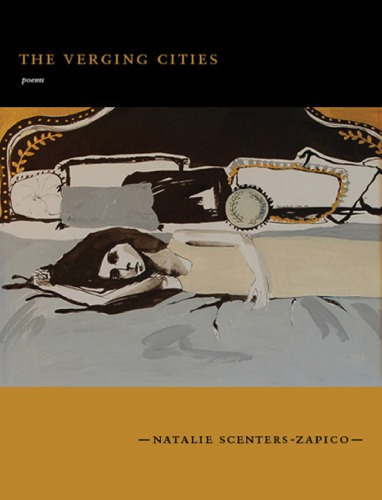

Most ebook files are in PDF format, so you can easily read them using various software such as Foxit Reader or directly on the Google Chrome browser.
Some ebook files are released by publishers in other formats such as .awz, .mobi, .epub, .fb2, etc. You may need to install specific software to read these formats on mobile/PC, such as Calibre.
Please read the tutorial at this link. https://ebooknice.com/page/post?id=faq
We offer FREE conversion to the popular formats you request; however, this may take some time. Therefore, right after payment, please email us, and we will try to provide the service as quickly as possible.
For some exceptional file formats or broken links (if any), please refrain from opening any disputes. Instead, email us first, and we will try to assist within a maximum of 6 hours.
EbookNice Team

Status:
Available0.0
0 reviewsFrom undocumented men named Angel, to angels falling from the sky, Natalie Scenters-Zapico’s gripping debut collection, The Verging Cities, is filled with explorations of immigration and marriage, narco-violence and femicide, and angels in the domestic sphere. Deeply rooted along the US-México border in the sister cities of El Paso, Texas, and Cd. Juárez, Chihuahua, these poems give a brave new voice to the ways in which international politics affect the individual. Composed in a variety of forms, from sonnet and epithalamium to endnotes and field notes, each poem distills violent stories of narcos, undocumented immigrants, border patrol agents, and the people who fall in love with each other and their traumas.
The border in Scenters-Zapico’s The Verging Cities exists in a visceral place where the real is (sur)real. In these poems mouths speak suspended from ceilings, numbered metal poles mark the border and lovers’ spines, and cities scream to each other at night through fences that “ooze only silt.” This bold new vision of border life between what has been named the safest city in the United States and the murder capital of the world is in deep conversation with other border poets—Benjamin Alire Saenz, Gloria Anzaldúa, Alberto Ríos, and Luis Alberto Urrea—while establishing itself as a new and haunting interpretation of the border as a verge, the beginning of one thing and the end of another in constant cycle.